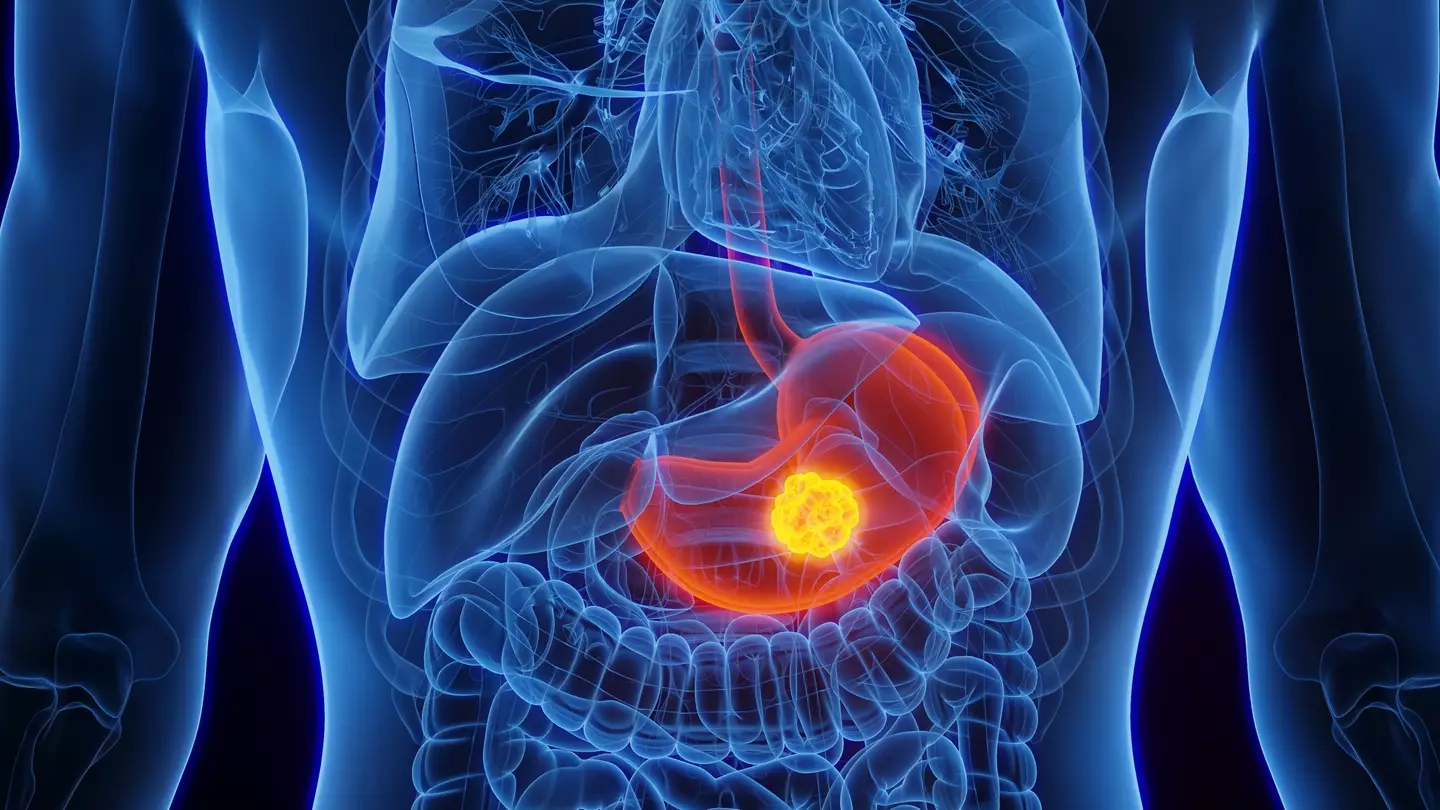
Fasting is a contentious subject, with health professionals divided on the health risks and potential benefits posed by it. Along with potentially leading to your body entering starvation mode, fasting could lead to eating disorders which can have long-term and potentially fatal health consequences.
Nevertheless, fasting is practised for religious reasons, most notably by Muslims observing Ramadan through the ninth month of the Muslim calendar, and intermittent fasting has become a popular method of diet management.

The idea being intermittent fasting is, generally speaking, to limit your eating to an eight-hour window each day. In the intervening 16 hours, your body supposedly enters ketosis and resultantly burns fat rather than calories and sugars from foods you’ve ingested that day.
Advert
Some believe that fasting can improve cognitive function, too, and Medical News Today has reported that fasting can help to manage blood sugar levels and improve insulin sensitivity when done safely.
Of course, fasting means depriving yourself of more than energy, and prolonged fasting practices can lead to nutritional deficiencies as well as the aforementioned potential for developing an eating disorder.
If you’re thinking of trying fasting out, please speak with your GP so you can be advised on how to minimise the risks.
With so much talk around fasting’s supposed benefits, there’s understandably a lot of interest in how the body responds to being deprived of food for an extended period.
A brief YouTube video posted by Wellness Wise has elaborated on the body’s response to a 36-hour fast, although before we get into what it says it’s important to note that this is not a medically-corroborated video and it’s at least partially AI-generated.
The channel’s description includes this passage, too: “Creators are not licensed experts. Use information at your own risk. Wellness Wise is not responsible for accuracy or timeliness. Views expressed are individual opinions. By accessing Wellness Wise, viewers release it from any claims or damages."
In other words, take everything detailed herein with a hefty pinch of salt. We absolutely do not recommend using the information in the video to inform your lifestyle choices, either. We have, however, included information from credible sources to corroborate or contradict the claims made in the clip.
Anyway, on with the video.
Four hours in
The video claims that your body stops digesting food after four hours of fasting. This is the ‘catabolic phase’ as described by Doctor Kiltz on his website. It’s ‘characterised by the breakdown of larger molecules of stored energy into smaller energy molecules which are mobilized to fuel your cells’, according to Dr Kiltz.

Eight hours in
After eight hours, the video claims your blood sugar levels drop and your body starts using glycogen for energy instead of fuel from recently-eaten food.
According to WebMD, glycogen is a glucose-storage molecule concentrated in the muscles and liver. It serves as a readily-available energy source and is essential for the muscles’ performance and stamina during physical activity.
The body prioritises burning glycogen over energy stored in fat.
12 hours in
The video says that your body’s glycogen reserves are depleted by the 12-hour mark. This is the beginning of ketosis, whereby the liver starts breaking fat cells into fatty acids called ketones and starts using that process as an energy source.
According to the BBC, this is why fasting can lead to weight loss as your body begins eating into its fat reserves.

16 hours in
From here, the video claims your body begins a cellular process called 'autophagy'.
The Cleveland Clinic says autophagy enables cells to break down materials that they no longer need and repurpose anything salvageable into new parts.
Dr Hiltz said on his website that exercise assists with autophagy, and disruptions to autophagy can results in 'problems associated with abnormal cell growth'. This kind of cell growth can lead to both cancerous tissue development, as well as non-cancerous growths.
24 hours in
After 24 hours, the video claims your body begins widespread cellular repair. It’s unclear what the video means by this, as this cell repair refers to autophagy and it’s already claimed that this process starts at 16 hours.
The Cleveland Clinic says studies in animals have shown that fasting-related autophagy kicks in somewhere between 24 and 48 hours, but it notes that we don’t have the data to accurately say when it begins or accelerates in humans.
If you want to trigger autophagy, exercise is a more reliable and well-understood trigger.
The video also claims the body is fully in ketosis at this point, that inflammation around the body will have reduced, and that your cells may have become more sensitive to insulin.
 Weight loss can be achieved through diet and exercise and you needn't go to extremes to achieve it (Kathrin Ziegler/Getty Images)30 hours in
Weight loss can be achieved through diet and exercise and you needn't go to extremes to achieve it (Kathrin Ziegler/Getty Images)30 hours in

At this stage, the video says we get a spike in ‘growth hormone’ that preserves muscle and fosters fat loss. Studies have indeed shown that human growth hormone (HGH) spikes during study-controlled fasts, but others have shown that the impact on fat loss and muscle growth or retention is minimal.
The video also claims this is where ‘deep healing’ begins, but naturally it doesn’t go into detail about what that’s supposed to mean.
By this stage the video’s already claimed that your body’s been engaged in autophagy for 14 hours, which is indeed a form of healing, but it’s unclear whether the video is trying to claim the rate of autophagy is increased.
Some studies reckon fasting-related autophagy in animals peaks at around 48 hours, and again there isn’t sufficient data to make any claims about the rate of autophagy in fasting humans.
In other words, the video is fully into pseudo-science mode at this point.
36 hours in
The video claims we’re at maximum autophagy at 36 hours in, but this claim is baseless.
It also claims you can extend this ‘reset’ for up to 72 hours, but there’s no credible evidence to support that.
If nothing else, this video is a great example of why you should absolutely scrutinise any health claims you come across on the internet, especially when they haven’t been issued by licensed medical practitioners or peer-reviewed studies.
As to whether fasting offers benefits at all, researchers are divided owing to the lack of human data.
“There [are] a lot of proposed benefits to [running on fats],” said James Betts, professor of metabolic physiology at the University of Bath, according to the Guardian.
“But a lot of the research hasn’t really [been borne out in] human beings. So we don’t see dramatic health benefits, certainly in the short term.”
News in Health has reported that some studies have shown those who regularly fast for 16 to 18 hours each day may be more likely to develop gallstones.
Fasting has also been linked with stronger hunger and food cravings – obviously – along with digestive problems, low moods, and irritability.
Mark Mattson, a Johns Hopkins neuroscientist, has nevertheless claimed there are potential benefits to the practice.
“Many things happen during intermittent fasting that can protect organs against chronic diseases like type 2 diabetes, heart disease, age-related neurodegenerative disorders, even inflammatory bowel disease and many cancers,” he said.
Again, it’s vital that you speak with your GP to get a proper understanding of fasting and the potential effects it may have on you as an individual. And please, exercise appropriate scrutiny and cynicism when you encounter health-related claims like those posed in this video.
